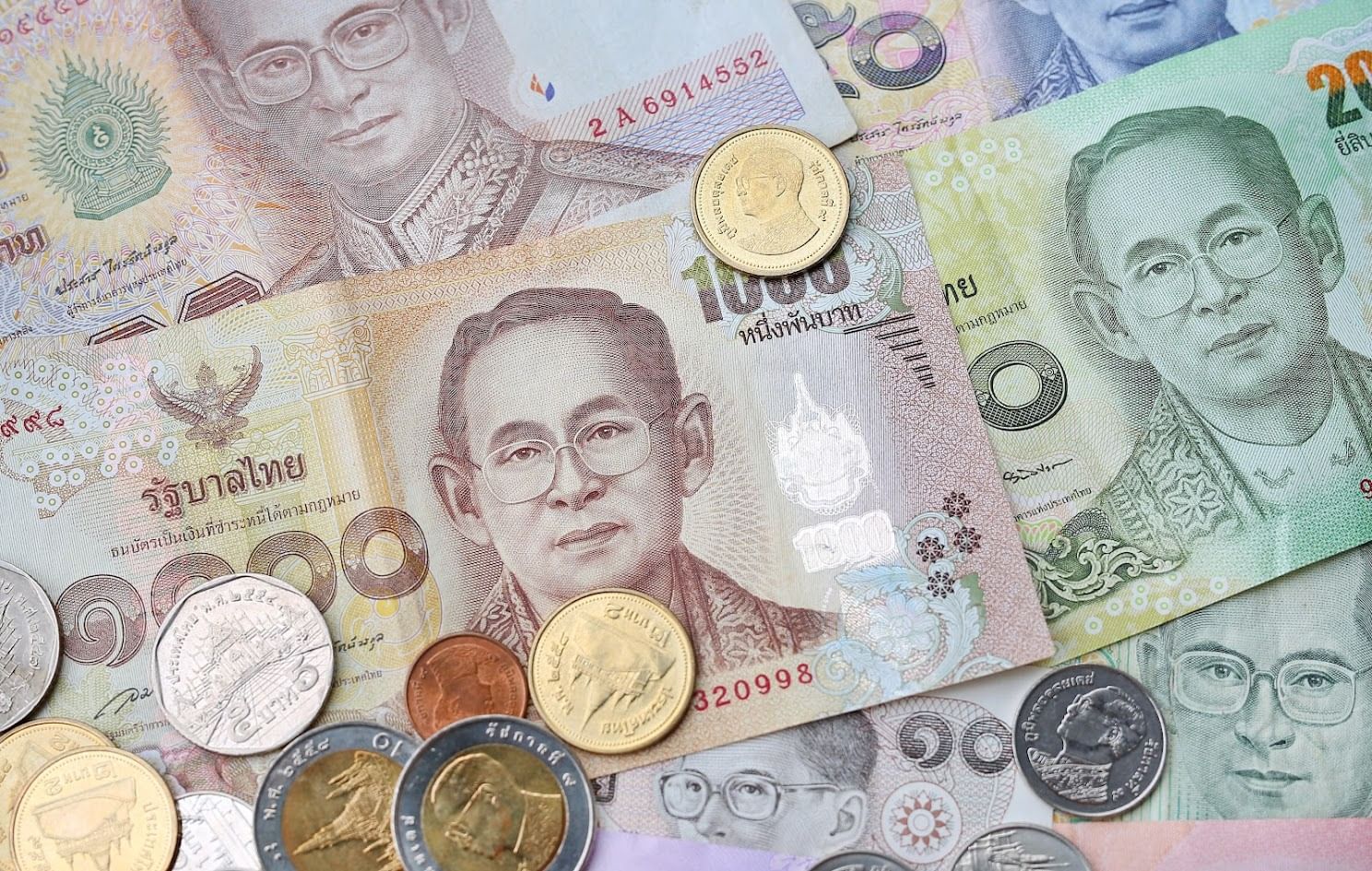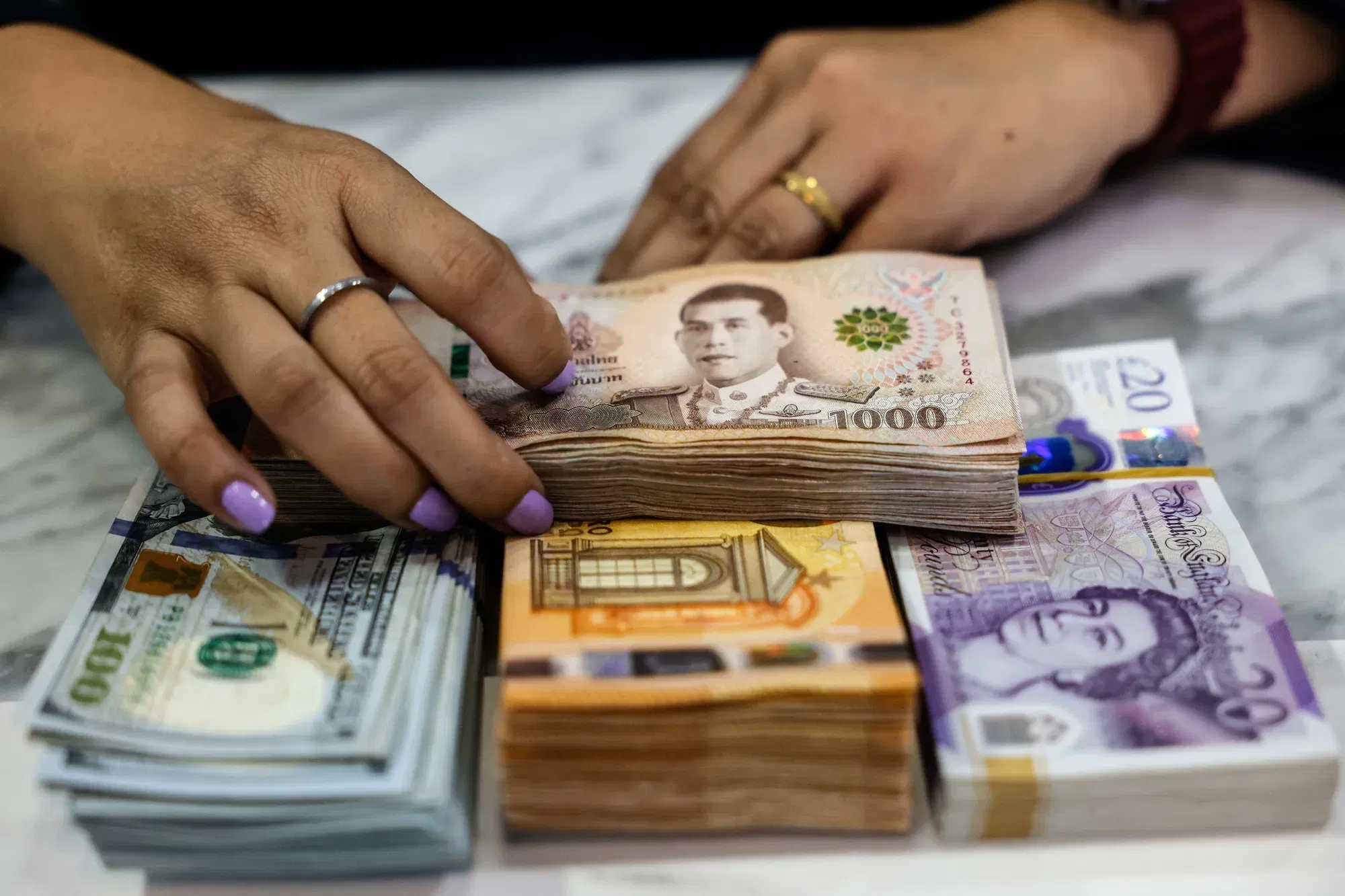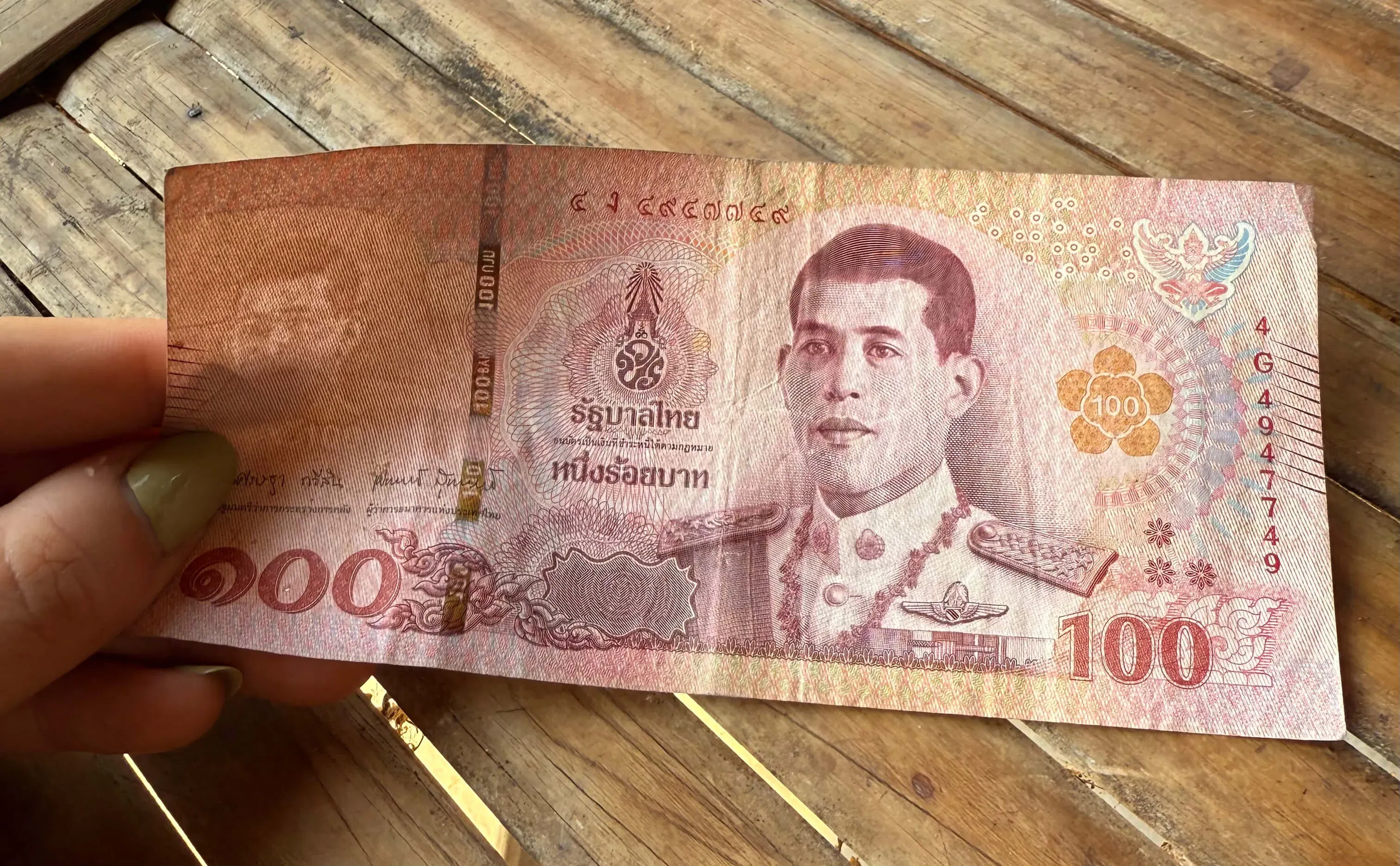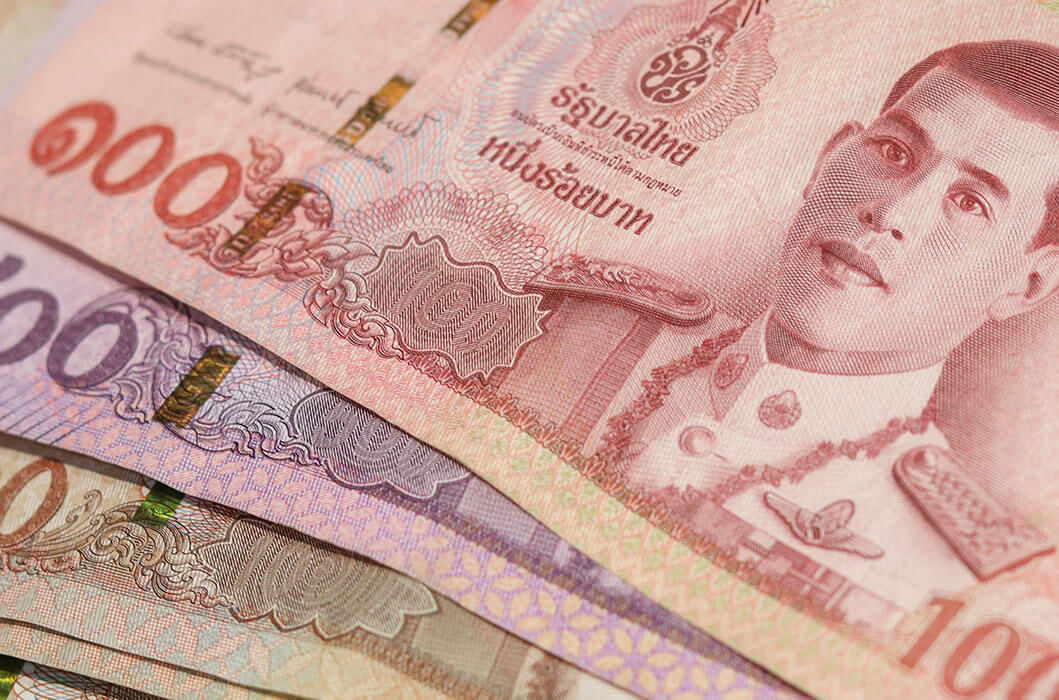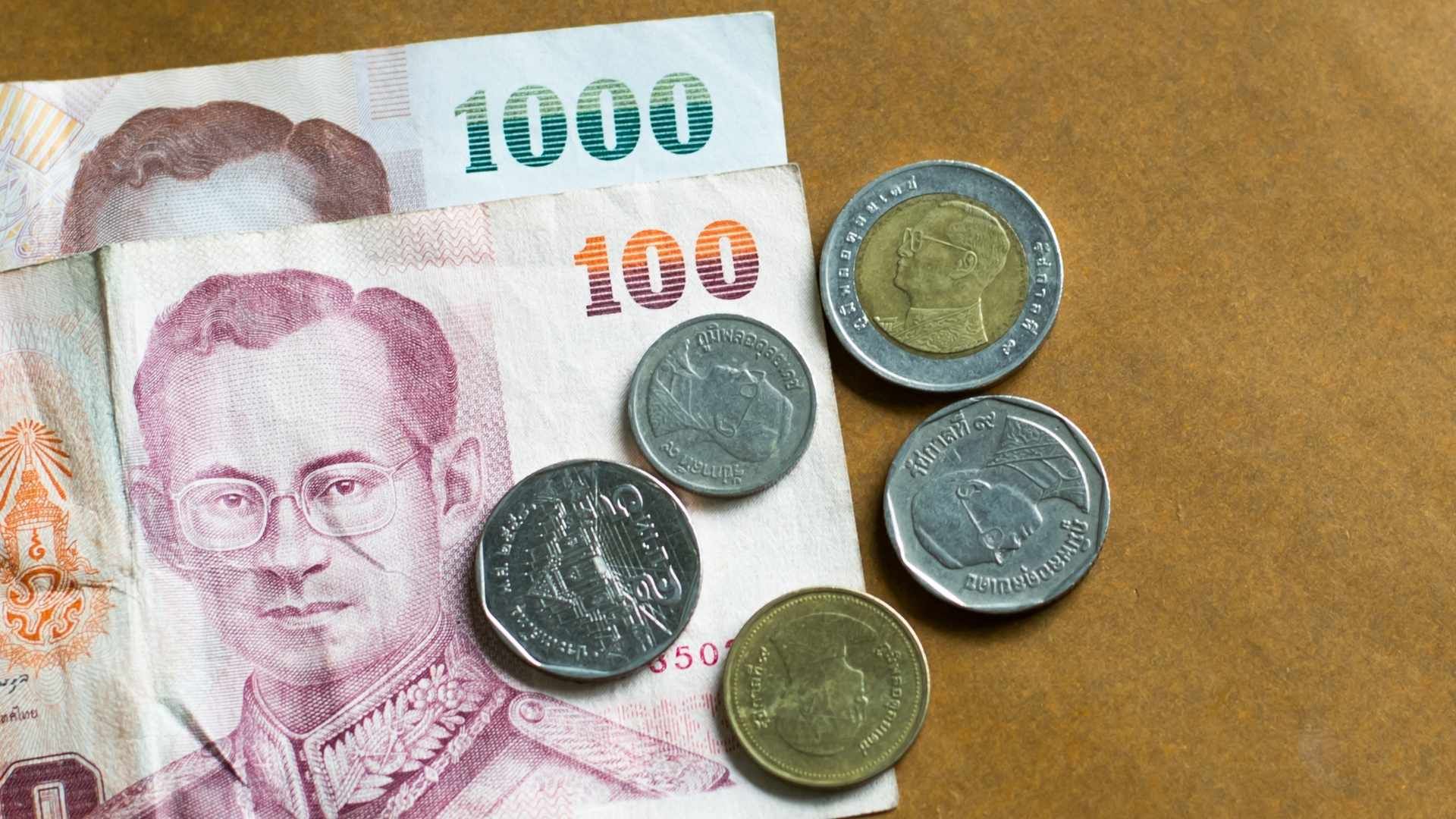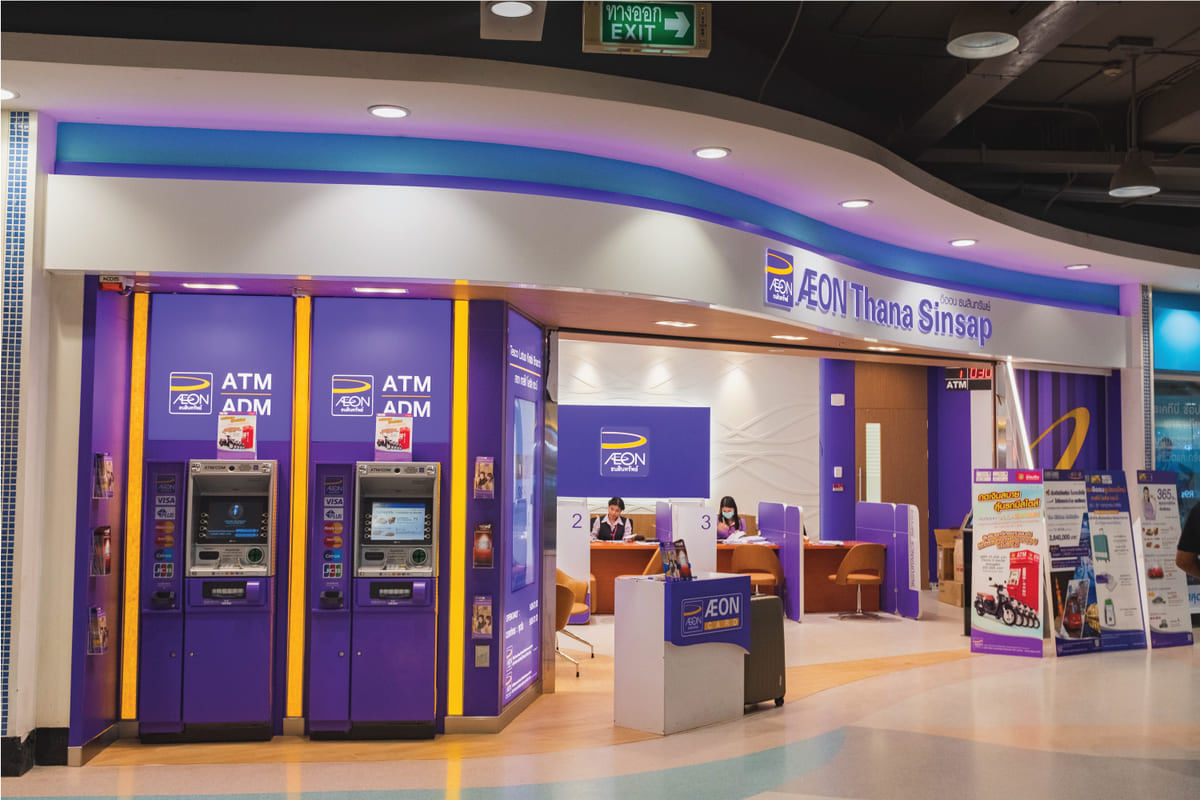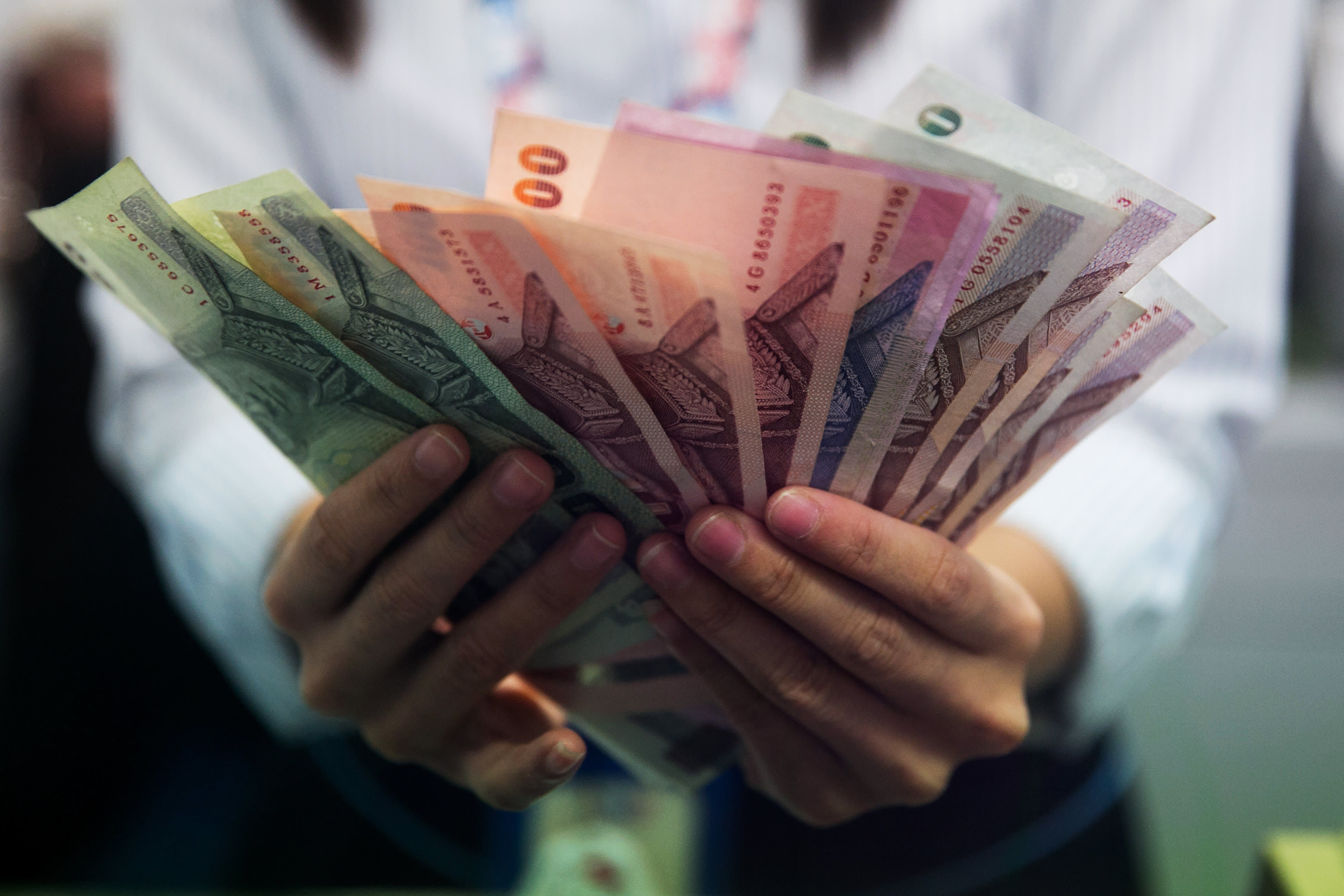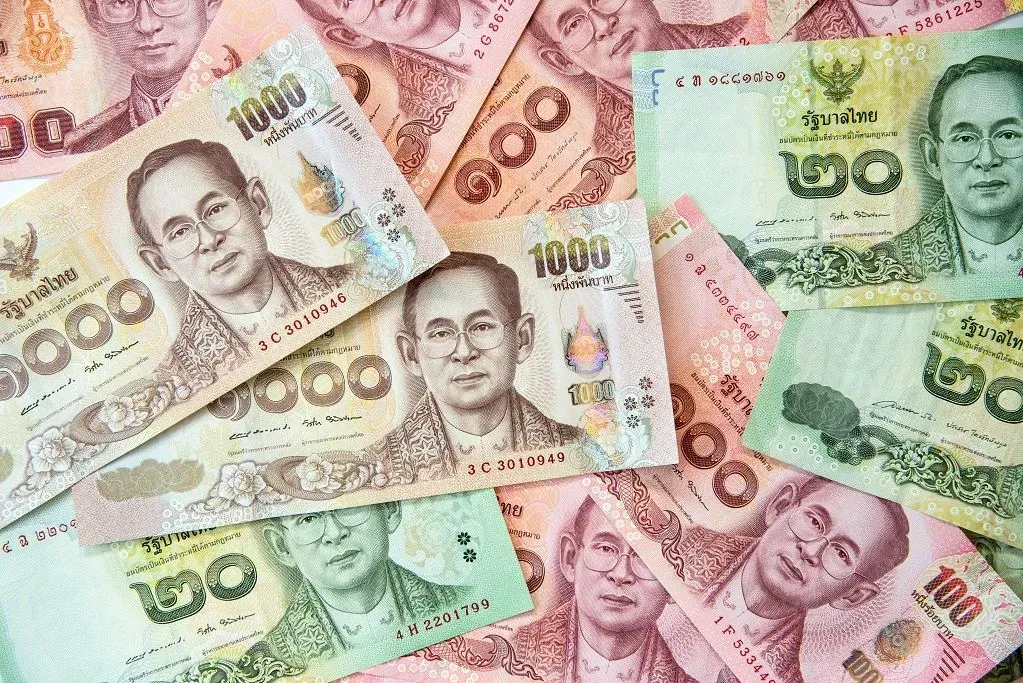Did you know that the Thai Baht is one of Southeast Asia’s most stable currencies and has consistently held strong against the Indian Rupee?
Before finalizing your Thailand trip packages, it’s vital to understand how this currency works, especially if you’re planning expenses for shopping, sightseeing, or leisure. Currently, 1 Indian Rupee (INR) = 0.37 Thai Baht (THB), while 1 THB = 2.68 INR, so knowing the exact exchange rate helps in budgeting your trip efficiently.
From learning how to convert INR to Baht to understanding how much Thai Baht you can carry from India, this guide helps you travel smarter.
In addition, Indian travelers should check Thailand visa for Indians requirements, as visa type and validity affect your planning.
Whether you’re visiting Bangkok, Phuket, or Krabi, mastering the basics of Thai Baht management will make your journey seamless, economical, and stress-free.
Understanding Thai Baht When Planning a Trip to Thailand
One of the most important things to consider is how much Thai Baht you can carry from India to Thailand. Travelers often have questions about currency regulations, including how much cash can be legally carried and what options exist for exchanging Thailand currency efficiently.
Understanding the Thailand currency in Indian rupees helps travelers estimate budgets before departure. Many wonder “How much is ₹1 of Thailand in India?”—This question highlights curiosity around INR to Thai Baht conversions and Indian Rupee to Thai Baht comparisons.
Additionally, knowing the Thailand visa for Indians requirements is essential before departure to ensure a smooth entry.
Best Selling Thailand Packages
Knowing Currency Limits for Thailand Travel
Before you start planning your budget for the trip, it’s crucial to understand the currency limits for Thailand travel to avoid any misunderstandings at customs. Here’s a breakdown of the key regulations:
- Maximum Cash Limit: You are allowed to carry up to ฿50,000 (Thai Baht) into Thailand without the need to declare it.
- Minimum Funds Requirement: Thai immigration requires at least ฿10,000 per person or ฿20,000 per family — a rule often searched under “minimum Thai Baht to carry to Thailand.
- RBI Guidelines for Foreign Currency: According to RBI guidelines for foreign currency, Indian travelers are allowed to carry up to INR 25,000 in cash when going abroad.
Travelers frequently ask “Is it mandatory to carry 10,000 Thai Baht from India?” The answer is yes — for tourist-entry proof, you must show sufficient funds.
Best Ways to Carry Money While Traveling to Thailand
When it comes to carrying money to Thailand, how much Thai Baht can I carry from India to Thailand depends not only on regulations but also on convenience and security. Here are the best ways to carry money:
- Cash: Carrying cash is essential for day-to-day expenses, especially in local markets, street food stalls, taxis, or temples. Small denominations of Thai Baht are recommended. Travelers often ask, “How much cash to carry in Thailand?” About 50% of your total budget in cash works well. This is particularly important if you’re traveling on a short-term visa obtained through Thailand visa for Indians regulations.
- Forex Card: Forex cards are safe and efficient, allowing you to load INR to Baht before departure and lock in exchange rates. These cards are widely accepted at ATMs, hotels, and shopping centers. They minimize the risk of carrying large sums of cash and align with financial limits outlined during the Thailand visa for Indians process.
- Credit & Debit Cards: While widely accepted in hotels, restaurants, and malls, always carry some cash for small vendors. Cards are handy for emergency expenses or online bookings.
- Avoid Traveler’s Cheques: Traveler’s cheques are largely outdated and rarely accepted in Thailand. They involve extra steps to encash and often have high processing fees. Using traveler’s cheques can create unnecessary complications during your trip. Instead, rely on a combination of cash, forex cards, and debit/credit cards for maximum flexibility and safety.
Many tourists research “how much Thai Baht can I carry from India” or “Indian currency in Thailand usage.” Using a mix ensures smooth transactions and safety.
To get the best rates for Thailand currency, compare beforehand. Here are some currency exchange tips that will help you when you’re asking, “How much Thai Baht can I carry from India to Thailand?” and wondering about exchange options:
- Exchange your Indian Rupee to Thai Baht in India via reputed banks or online portals for competitive Thailand currency to INR rates.
- Avoid airport counters with high fees.
- Travelers also search phrases like “best INR to Thai Baht rate today” or “convert INR to Thai Baht online” to save money.
- Many travelers also check the Thailand visa for Indians rules while planning their currency exchange, as proof of sufficient funds is often required at entry.
- Monitoring live rates—1 INR = 0.37 THB, 1 THB = 2.68 INR, helps you budget effectively and avoid overpaying.
Thai Baht Withdrawal in Thailand
If you need more Thai Baht during your trip, you can withdraw directly from ATMs. Check your bank’s foreign transaction charges for Indian currency in Thailand. ATMs typically charge ฿200 per transaction (~INR 536), so withdraw larger amounts to reduce fees. Always track the live INR to Baht conversion after withdrawal.
- ATM Fees: Thai ATMs generally charge a fixed fee of ฿200 per transaction (around INR 415). While this might seem like a small amount, it can add up over multiple withdrawals, so it’s best to withdraw larger amounts at once to minimize fees.
- ATM Withdrawals Strategy: It’s advisable to carry cash for the first few days of your trip. Once you’re settled in, you can use local ATMs to withdraw additional Thai Baht as needed. Always check your bank’s foreign withdrawal fees to avoid unexpected charges.
- Minimize ATM Fees: To minimize ATM fees, look for ATMs that are part of international banking networks. Some international banks might have partnerships with Thai banks that waive ATM withdrawal fees.
Daily Spending Limits in Thailand
- Budget Travelers: ฿1,500–฿2,000 per day.
- Mid-Range Travelers: ฿3,000–฿5,000.
- Luxury Travelers: ฿5,000+ depending on lifestyle.
Knowing your spending helps answer “How much Thai Baht can I carry from India to Thailand?” and decide how much to load on your forex card.
Avoiding Pitfalls and Staying Secure
Traveling with cash involves certain risks, but there are ways to keep your money safe while traveling. Here are a few tips to avoid pitfalls when using Thai Baht:
- Split Your Cash: To reduce the risk of losing all your money in case of theft, it’s a good idea to split your cash into different places. Keep some in your wallet, and store the rest in a secure location, such as a hotel safe or a hidden money pouch.
- Travel Insurance: Consider purchasing travel insurance that covers lost or stolen cash or cards. This adds an extra layer of security and peace of mind in case something goes wrong.
- Currency Apps: Download apps like “Thai Banknotes” to help you identify counterfeit currency. It’s always a good idea to familiarize yourself with the security features of Thai Baht to avoid receiving fake notes.
Final Takeaway: Master the Thai Baht Before You Travel!
The Thai Baht may look complex, but with the right preparation, managing your travel money becomes effortless.
From knowing how much Thai Baht you can carry from India to understanding live INR to Thai Baht rates, planning ahead ensures a smooth trip.
With WanderOn, you can explore Thailand and beyond through our tailored international trip packages, combining adventure with convenience. Let this guide help you budget wisely and travel confidently without worrying about currency confusion.
Proper budgeting, currency exchange, and awareness of Thailand visa for Indians rules allow you to travel confidently.
Whether enjoying the beaches of Phuket or shopping in Bangkok, mastering the Thai Baht is your first step toward a stress-free and enjoyable holiday in the Land of Smiles.




